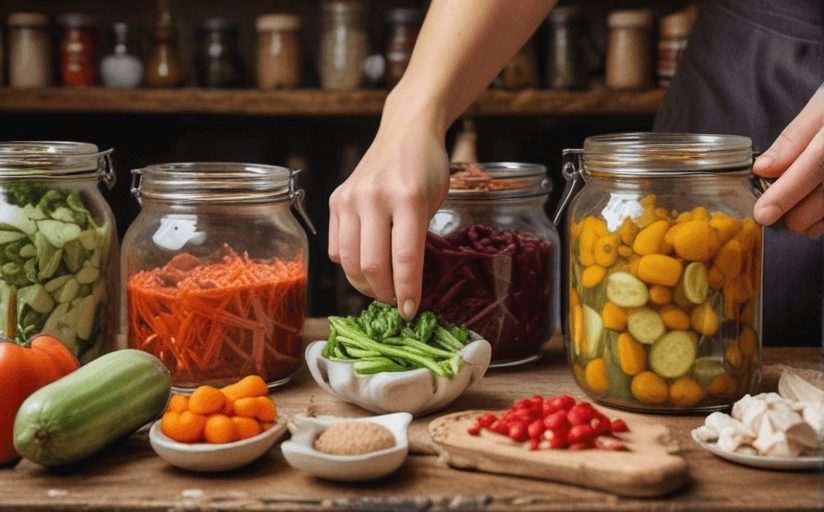The Ancient and Resurging Art of Fermentation
The Historical Significance Of Fermentation
Fermentation, despite its ancient origins, remains an important culinary practice today. The earliest known evidence of fermentation belongs to the ancient Jiahu village in China around 7000 BC, where they made fermented beverage from rice, hawthorn berries, honey, and grapes. It's believed that fermentation evolved not only as a means of preserving food and beverages but also for their perceived health benefits.
Fermentation’s Role In Ancient Civilizations
Many ancient societies, from Asia to Europe and Africa, have relied on fermentation for nourishment and survival. The Romans savored their fermented fish sauce called Garum while in ancient Japan, fermented soybeans formed a staple of their diet in the form of natto. Not to mention, fermented beverages were imperative to the cultural and religious practices of many ancient societies.
Resurgence Of Fermentation In Contemporary Diets
Fast forward to the modern era, and you'll find that old school fermentation is making a vibrant comeback. With the advent of industrialized food systems, traditional fermentation processes were largely forgotten. However, in recent years, there's been a rekindled interest as people are revisiting these ancient techniques, harnessing them for health reasons and adding depth to flavour profiles.
The Health Benefits of Fermentation
Scientific studies offer support to the age-old belief in the health benefits of fermentation. Fermented foods are rich in probiotics which aid in gut health and improve the immune system. They can also increase the availability of vitamins and minerals for our bodies to absorb. Many fermented foods are also thought to have anti-inflammatory properties and are associated with a slew of other health benefits like aiding digestion and reducing the risk of some diseases.
Your Introduction To Home Fermentation
If you're inspired to try your hand at home fermentation, starting with a simple recipe like sauerkraut is ideal. All you need is fresh cabbage, high-quality salt, and a clean jar. Simply slice your cabbage, mix it with the salt in a bowl until it starts to release liquid then pack it into your jar. Press it down until the liquid covers the cabbage and let it ferment for a few weeks. Et Voila! You've just created your homemade fermented food.
The Connection To Modern Health And Wellness Trends
From kombucha to kimchi, the ancient practice of fermentation intertwines with modern wellness trends. Today, it's common to find these fermented foods in trendy health shops or being made in innovative kitchens. The art of fermentation goes beyond food preservation; it represents a connection to our ancestral way of life and a return to natural health-based practices.




















Comments
Leave a Comment